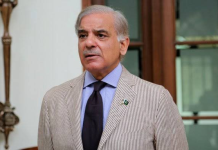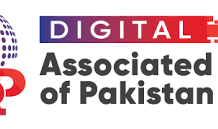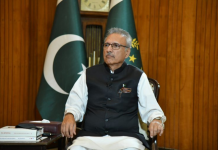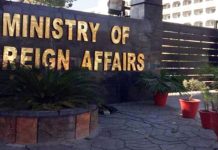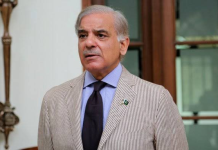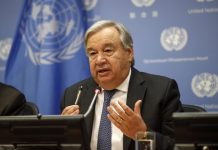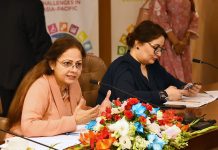The experts speaking at a webinar urged the government to make theatre part of the educational curriculum to engage youth in meaningful communication for social change. Hundreds of social issues have emerged in the absence of cultural exposure. The unwarranted material has replaced our traditional performing arts because the society was not engaged in our own cultural entertainment avenues.
The devolution of culture to provinces has played havoc after the 18th amendment in the constitution of the country instead of promoting it more diligently. What the arts councils are promoting in different cities in the name of culture and theatre is not what we need to promote. That is all the substandard version of the culture and theatre we should stop.
Development Communications Network (Devcom-Pakistan) and DTN jointly organized the webinar to mark the World Theatre Day. The panel of experts included former managing director PTV and the founder of the Ajoka Theatre and playwright Shahid Mahmood Nadeem, founder of Tahrik-e-Niswan Cultural Group and classical dancer, women and theatre activist Sheema Kermani, Chief Executive Officer of Khyber Pakhtunkhwa Board of Investment Daud Hassan Butt, Programme Executive Pakistan National Council of the Arts (PNCA) Waqar Azeem, Advisor to President National Defense University Lt General (r) Raza Muhammad, Director Theatre Walay Safeer ullah Khan, faculty member Iqra University Ali Kazmi, faculty member Islamia University Bahawalpur (IUB) Agha Sadaf Mehdi, Ayesha Hassan and Dr Khushboo Ejaz from Lahore, and Devcom-Pakistan Executive Director Munir Ahmed.
Shahid Mahmood Nadeem said public-private partnerships are essential to develop an umbrella regime of theatre to engage different stakeholders for national coherence and international diplomacy. Youth being 62 percent of the population may be engaged in to boost their creativity, confidence and to improve their social and professional calibre. The traditional theatre is a very important component of our culture and heritage. We need to recognize and appreciate it by promoting it for mass communication. The educational institutions and universities can play their central role in this regard if the embedded training is conducted and the youth is engaged in indigenous and traditional forms of theatre.
Sheema Kermani said federal and provincial governments have to make traditional performing arts including dance and theatre their priority to make the culture and its associates survive. “Due to negligence and lack of opportunities, many theatre halls have been closed. We have a very impressive cultural policy but dusting on shelves.”

